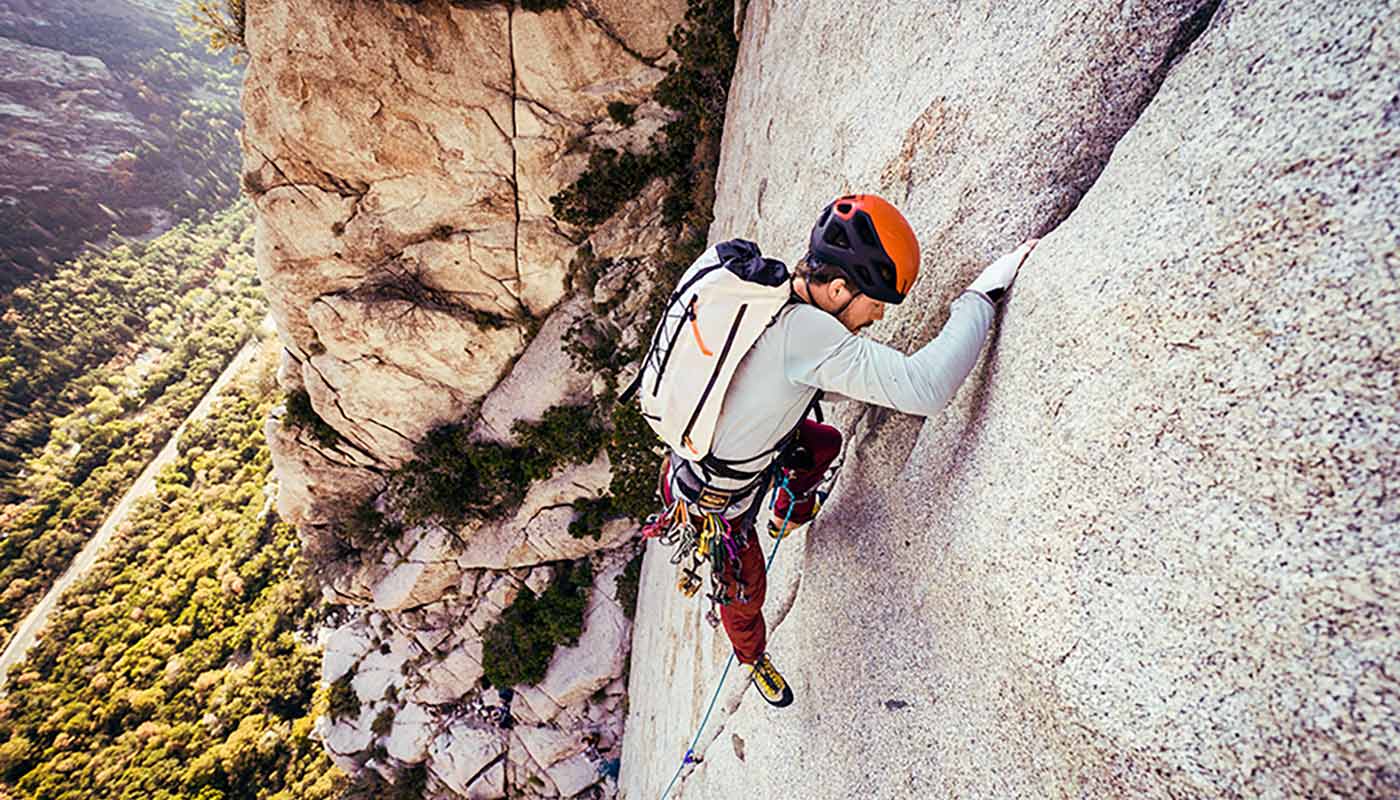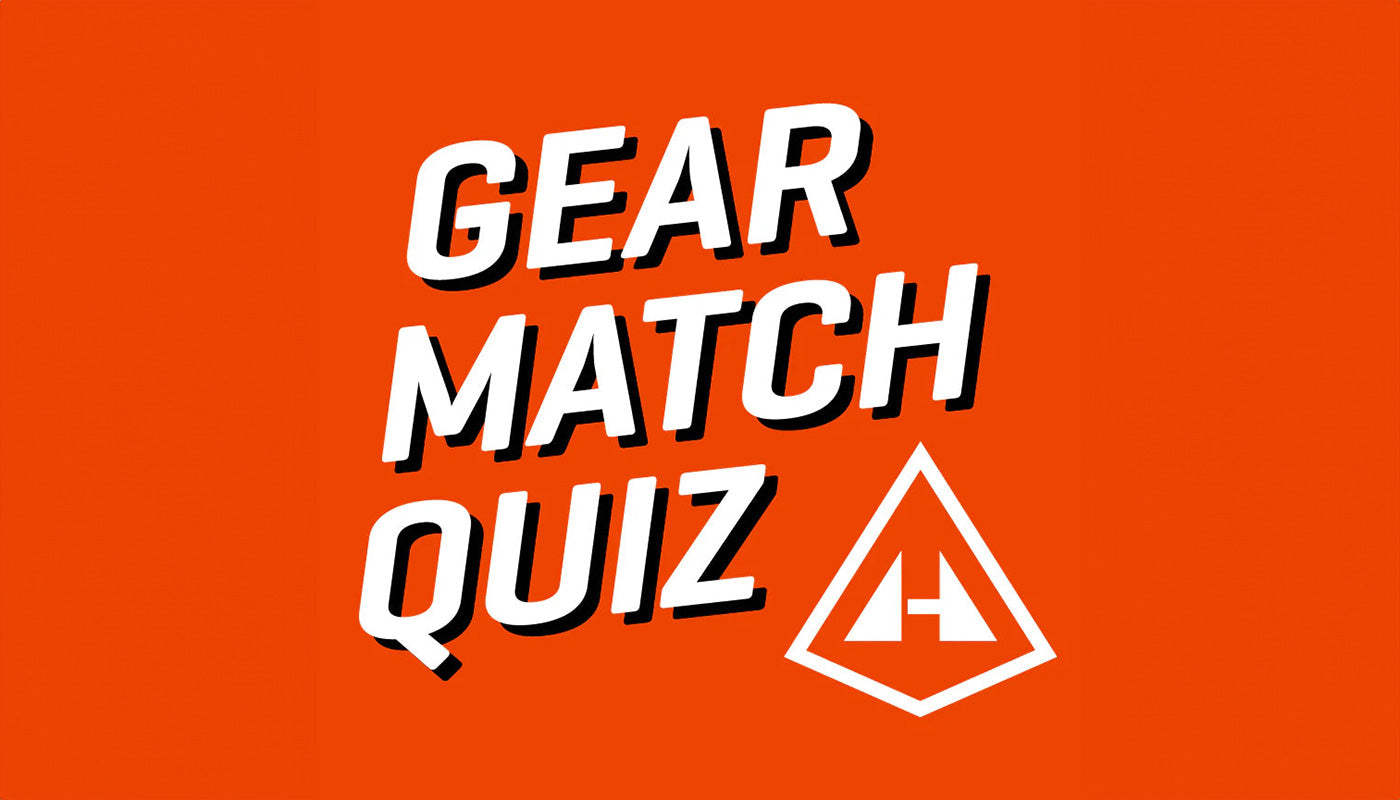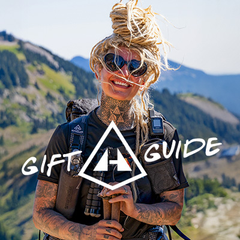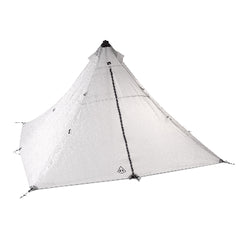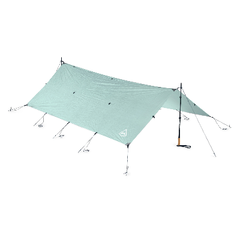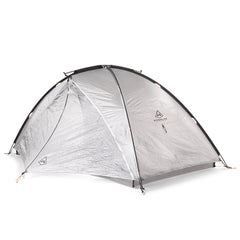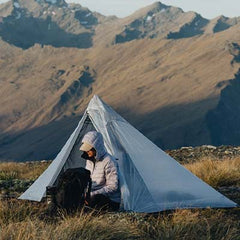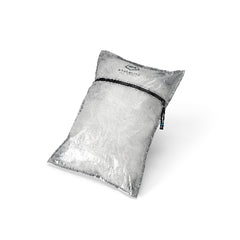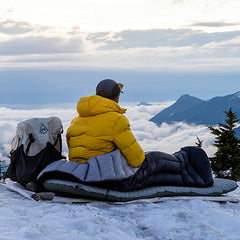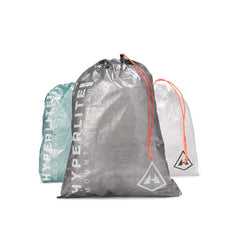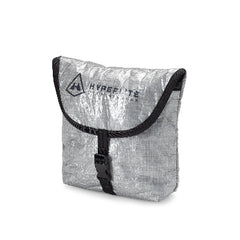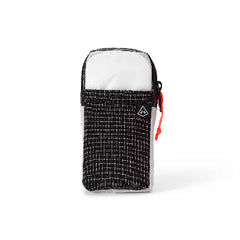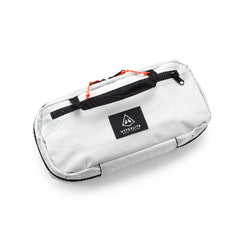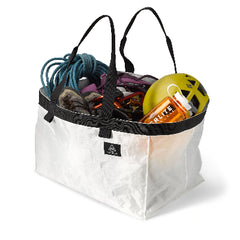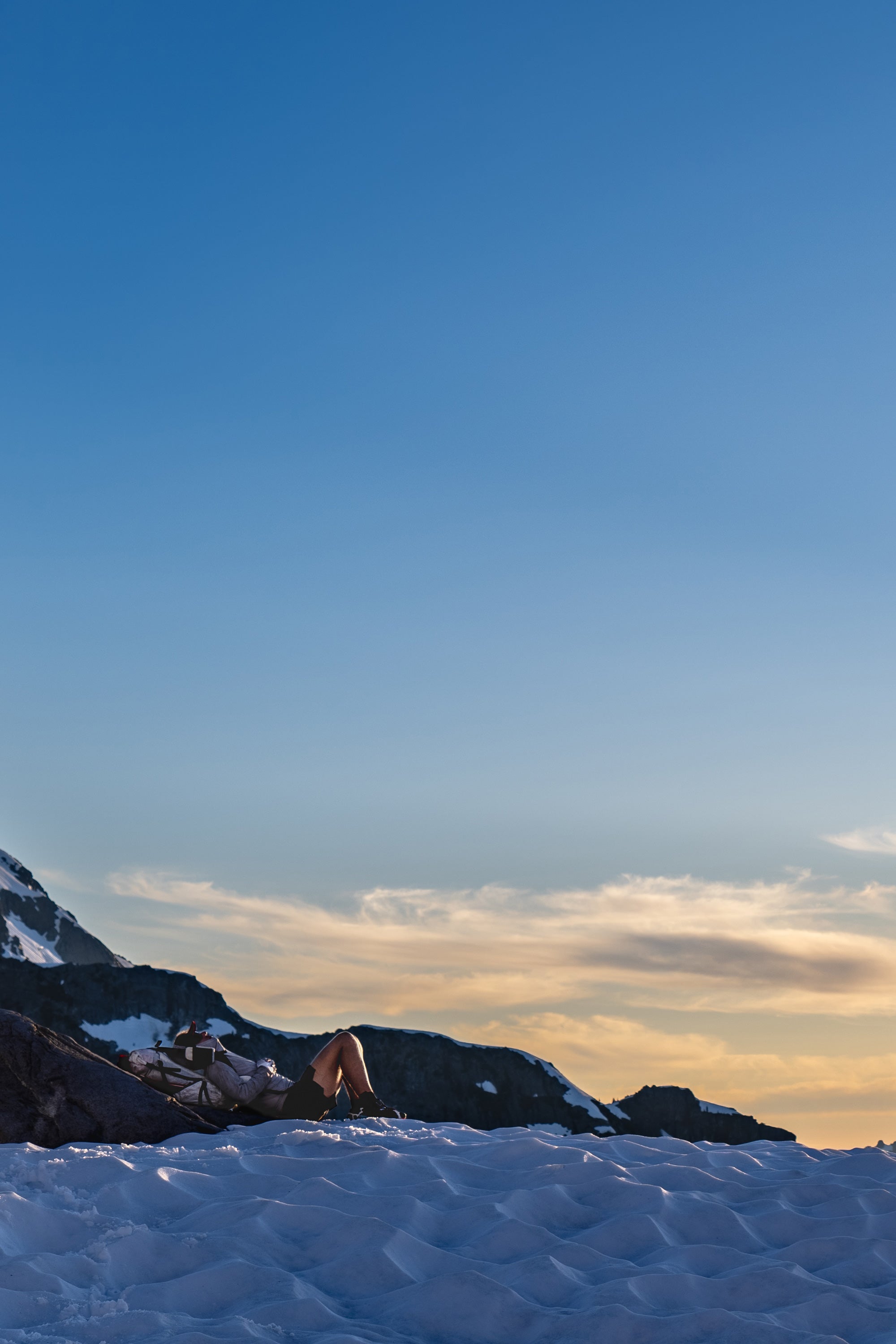The Trailhead
Every journey has a first step. And some of the greatest, most meaningful journeys begin at trailheads. Welcome to ours! Here you’ll learn about gear, see route and trail intel, and dive into stories, images, and videos from our global community of adventureheads like you. Think of it like "The Third Place"–not home, not work, but your other most important/favorite place. The spot to hang out around like-minded people and have your life decisions and priorities validated. You won't need to justify your latest gear purchase or explain why you're using up all your paid time off hours to this crowd. They get it. Let’s go!

ROLLING TIDES: GUIDED BY A BEACON OF KINDNESS

JUST PEDALED: MARCO JOHNSON COMPLETES THE EUROPEAN DIVIDE BIKEPACKING ROUTE

ADVENTURES IN PARALLEL WITH PETER GIERLACH

THE ACTION IS GO! IZZY'S 2026 CALENDAR YEAR TRIPLE CROWN PLAN

ROLLING TIDES: LITTLE GLIMPSES INTO A BIG ADVENTURE

PROFESSOR CARL’S NITTY GRITTY THRU HIKER GEAR LIST, PART ONE

ABOVE THE CLOUDS ON THE DIVIDE: BACKCOUNTRY LINES AND HUT TIMES

A STUDY ON THE BENTON MACKAYE TRAIL WITH PROFESSOR CARL

ROLLING TIDES: NEVER GIVE UP THE VISION

FOOD PLANNING: AN ESSENTIAL INGREDIENT TO BACKCOUNTRY SUCCESS

PROFESSOR CARL ON BECOMING A POD-VERT

